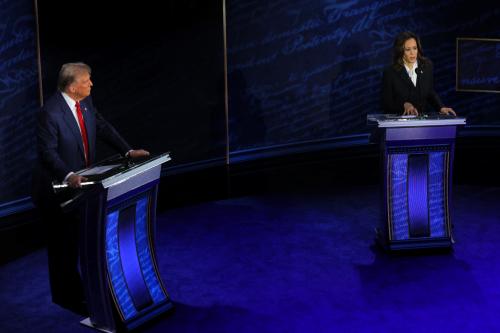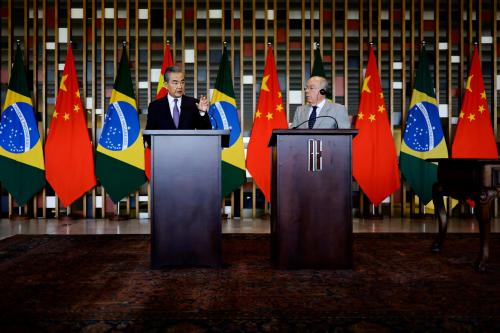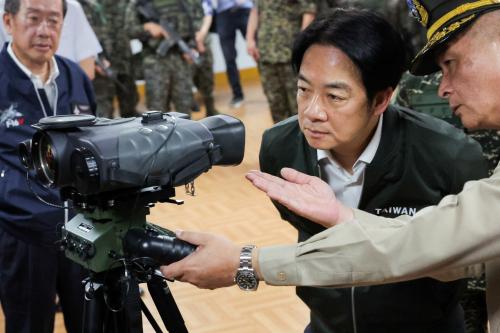Executive summary
The Yemen war that erupted in 2015 has delivered a series of blows to U.S. and partner interests in the Middle East and beyond. The war solidified the power of the Houthis, who the United States is now battling in the largest naval battle since World War II, and who will likely pose an enduring threat to regional stability and maritime commerce.
While the United States currently lacks good policy options for countering the Houthi threat, it had opportunities to help prevent the Yemen war in the first place but failed to take advantage of them, even though doing so would have been far less costly for the United States. This paper uses a counterfactual analysis to identify three windows of opportunity the United States had to prevent or mitigate the Yemen war between 2011 and 2015, and assesses why the United States failed to seize those opportunities. These three windows included:
- U.S. ability to promote stronger constraints on former President Saleh during Yemen’s 2011-12 political transition that would have impeded his ability to support the Houthis and overthrow Yemen’s transition process.
- U.S. ability in 2014 to discourage then-President Hadi from pursuing a plan for a future federal Yemen state that was unrealistic and put him in a direct conflict with the Houthis that he was bound to lose, which ultimately triggered the war.
- U.S. ability to make its support for the Saudi-led Coalition campaign in Yemen contingent on a credible end goal and path to negotiations, thus significantly limiting the scope and duration of the conflict.
In all three cases, the failures were the result of systemic policymaking challenges and impediments to preventative action, including:
- The challenge of weighing medium-term consequences of a policy decision alongside short-term costs.
- An adaptability challenge, namely the difficulty of updating U.S. assumptions in a sufficiently timely manner during dynamic periods, even in the face of overwhelming evidence, in part due to a bias toward wishful thinking.
- Insufficient high-level attention and bandwidth dedicated to Yemen even during periods of crisis, which compounded the adaptability challenge by undermining decisive U.S. policy action.
While the United States has affirmed its commitment to conflict prevention in recent years, including through the 2019 Global Fragility Act (GFA), this paper concludes that the GFA has not addressed these impediments and thus would not have been an effective conflict prevention tool in the Yemen case, at least as it is currently structured and resourced. In a companion piece, “Implementing prevention: A practical guide for improving the U.S. approach to violent conflict in a changing world,” I also provide a blueprint for a more effective conflict prevention approach that can more effectively overcome impediments to preventative action and promote more adaptive, responsive foreign policymaking processes in strategic countries.





